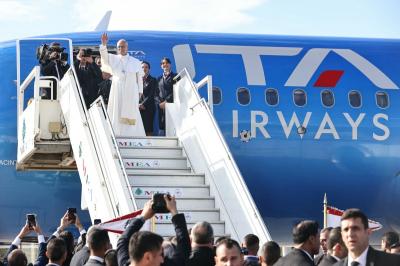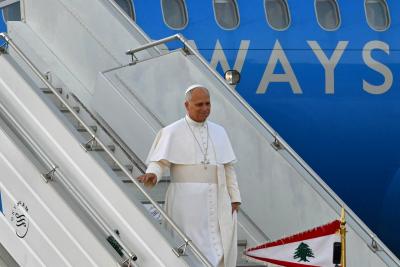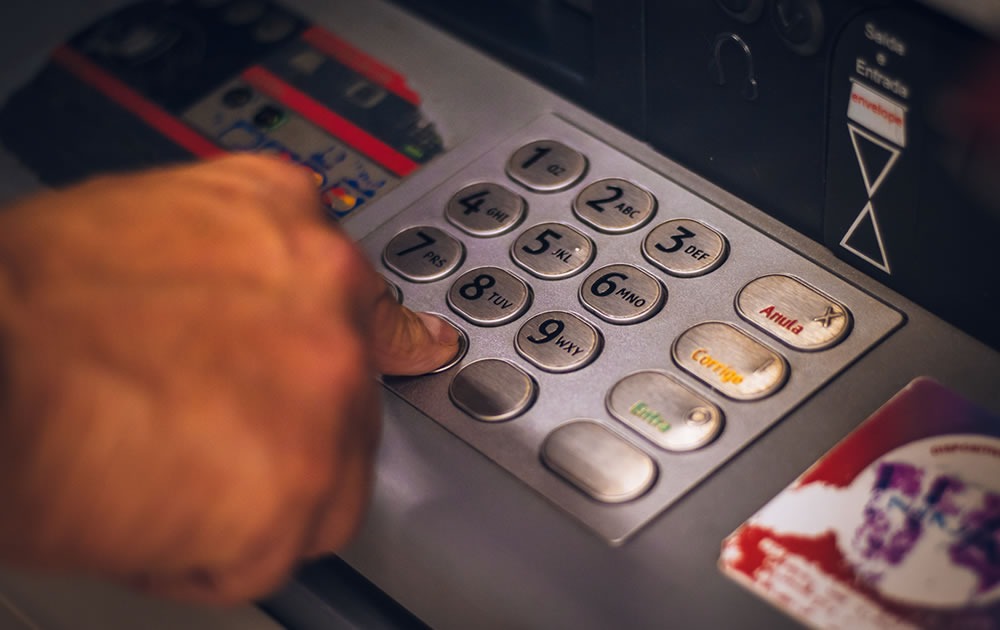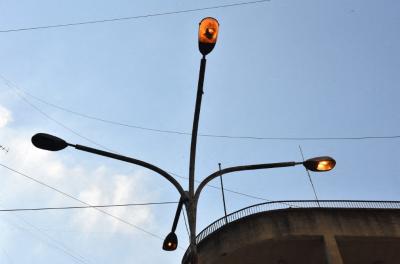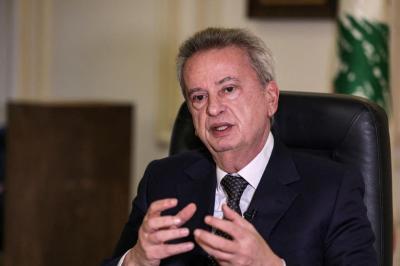A decision by Financial Prosecutor Judge Maher Shaaito has gripped Lebanese public opinion, especially among depositors. The judge ordered that all those who transferred money abroad during the financial collapse must return those funds.
As reported in the media, the ruling suggests it covers everyone who moved dollars overseas after October 17, 2019. Such a move would deliver long-awaited justice to depositors whose rights were rationed through restrictive circulars. It would also help banks replenish liquidity, prolong the current patchwork system, or increase monthly payouts. Yet, a closer legal reading points to another layer of interpretation—one tied not only to depositors’ rights and the economy, but also to international pressure on Lebanon to comply with measures curbing money laundering and terror financing. The goal, explains tax law and public finance expert Karim Daher, is to accelerate Lebanon’s exit from the Financial Action Task Force’s gray list and the European Union’s blacklist.
The Decision as Portrayed in the Media
The order, welcomed by desperate depositors starved of justice for five years, reads: “Based on ongoing investigations, individuals and institutions, including bankers, are required to deposit in Lebanese banks amounts equal to those they transferred abroad during the financial and banking crisis, and in the same currency, within two months. The deposits will be supervised by the Financial Prosecutor’s Office and subject to its conditions.”
On paper, Judge Shaaito’s request acknowledges that the original transferred funds may no longer exist as cash—many were invested in assets like stocks, real estate, or bonds. In substance, however, the two-month window represents the “carrot,” says Daher. If depositors fail to comply, the “stick” will follow: forensic auditing of transfers to assess their legitimacy and punish violators. For now, the priority seems less about punishment and more about shoring up liquidity, narrowing the financial gap, and paving the way for a looming “loss distribution law.”
This raises the key questions: On what grounds did Judge Shaaito issue his order? What powers does he have? And under what circumstances might depositors actually recover money?
The Legal Foundation
Daher identifies two legal pathways.
First, the decision could stem from the Banking Reform and Restructuring Law passed on July 31, 2025. Article 16 of that law empowers a newly created second chamber within the Higher Banking Authority to demand the repatriation of funds transferred after October 17, 2019. But this law has not yet been signed by the president or published in the Official Gazette, making it unenforceable. Moreover, such authority lies with the specialized chamber, not the public prosecutor.
Second—and more plausibly—the decision is rooted in the prosecutor’s mandate to investigate crimes involving public funds and breaches of trust, including embezzlement, bribery, abuse of power, or misuse of privileged information under Law 161/2011. Law 44/2015 on anti-money laundering and terror financing also allows prosecutors to pursue bankers suspected of benefiting from inside information.
By connecting these laws, the act of transferring funds abroad can be reframed as money laundering, under Article 2 of Law 44. Article 3 imposes penalties of double the transferred amount plus three to seven years in prison. Investigations could also expand under the U.N. Convention Against Corruption, which Lebanon ratified in 2008, enabling the state to pursue asset recovery. If unpaid taxes are uncovered, prosecutors could invoke Law 55/2016 on tax information exchange to reclaim the funds.
Who Must Return the Funds?
Not all transfers after 2019 fall under the order. It applies only to those flagged as suspicious through ongoing investigations, based on the laws in effect at the time of transfer. Recovered money may not all go back to the banking sector; some will flow into the state treasury in the form of fines or confiscated illicit assets.
Will Depositors Benefit?
If the funds belong to public officials or politically exposed persons who abused their influence to free up their deposits, prosecutors can charge them with abuse of office under Articles 351 and following of the Penal Code. Investigators would then classify the transfers as legitimate or illicit.
Legitimate funds would be returned to depositors’ accounts and treated like all other deposits—no preferential treatment—thereby boosting bank liquidity and potentially speeding up repayment timelines. Illicit or unjustified transfers, however, would be confiscated by the state under the 2021 Illicit Enrichment Law (No. 189).
In the case of private-sector figures, especially bankers, transfers based on misuse of insider information fall under Law 44/2015. These funds would be returned to the banks, treated as ordinary deposits, but subject to fines payable to the treasury.
A Deposit Recovery Fund
Though long overdue, this measure represents an initial step toward banking sector reform and accountability for those who profited at the expense of others. The problem, however, is that much of the recovered money could be absorbed by the state treasury rather than deposited back to the victims. Under the principle of universality, the state cannot earmark proceeds from confiscated illicit funds for depositors.
Daher argues this makes it urgent to pass the draft law creating a sovereign Deposit Recovery Fund, pooling all repatriated and confiscated money exclusively for the benefit of depositors. “There is a serious push,” he notes, “to include compensation for victims of corruption—in other words, depositors—within the framework of this fund.”
Ultimately, this entire process is propelled by international pressure. The Financial Action Task Force and other global bodies are pushing Lebanon to crack down on money laundering and terror financing. Their overarching objective is to dismantle illicit financial networks and prevent the funding of armed groups.
Please post your comments on:
comment@alsafanews.com
 Politics
Politics
